Today, thousands of companies are concerned about the well-being of the environment and the health of people in general. Generally, these companies tend to be those that offer products for food consumption and household products. In this sense, these companies usually keep as a rule to offer products made of recycled plastics free of BPA. But you do not know what this term means? Well, don’t worry, because below you will know how to easily recognize BPA-free recycled products anywhere in the USA.
What is BPA in the United States of America?
BPA is nothing more than an industrial chemical that is highly toxic to humans. In addition, it is important to note that the generic meaning of BPA is frequently Bisphenol A.
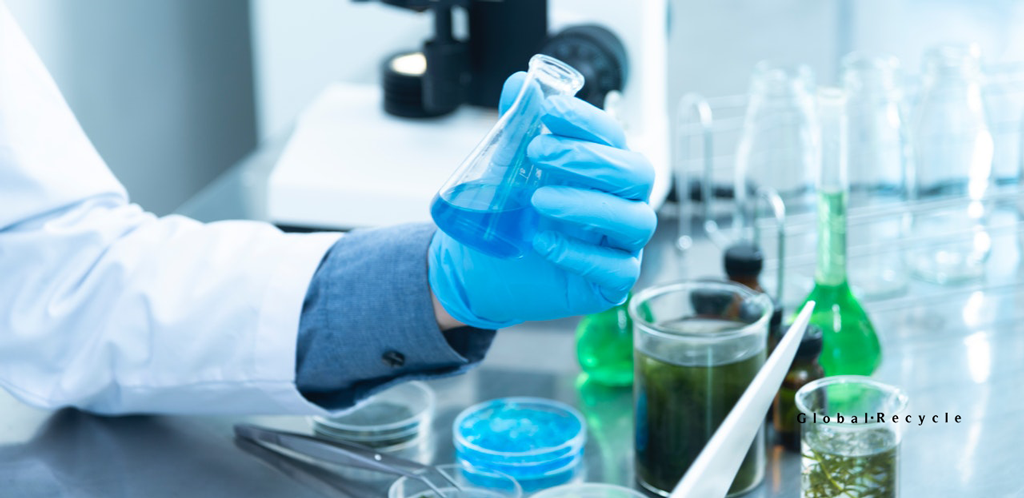
Currently, this type of chemical is often used to make highly durable epoxy resins. As well as for the creation of transparent and highly resistant recycled polycarbonate plastics. As for example in:
- Recycled plastic bottles.
- Plastic medical devices.
- Coating of internal parts of long-lasting food products.
- Various types of plastic bags.
- Containers for water, food or other substances.
- Plastic packaging of various household products, among others.
Keep in mind that this type of chemical has been used for more than forty years to harden any type of plastic. It was also created with the intention of preventing bacteria from germinating in the food contained in these containers (with BPA).
Most of the international scientific community has failed to establish a formal statement or position on the treatment of BPA products. Although they agree that the most at-risk population would be young children.
However, despite the above, in recent years scientists have determined that its use in retail packaging could generate harmful effects on their health. For this reason, its use is currently under scrutiny by U.S. health authorities, who are demanding that companies and political authorities act on this delicate issue and take the corresponding decisions and actions.
Restricting or banning the use of BPA in the United States of America
Today, there are multiple laws and regulations in force in the different states of the USA that strictly prohibit the use of BPA in the manufacture of products for sale to the public. Keep in mind that the damage caused by BPA that can be generated in humans has been obtained from multiple and constant clinical studies (of advanced technology) in animals.
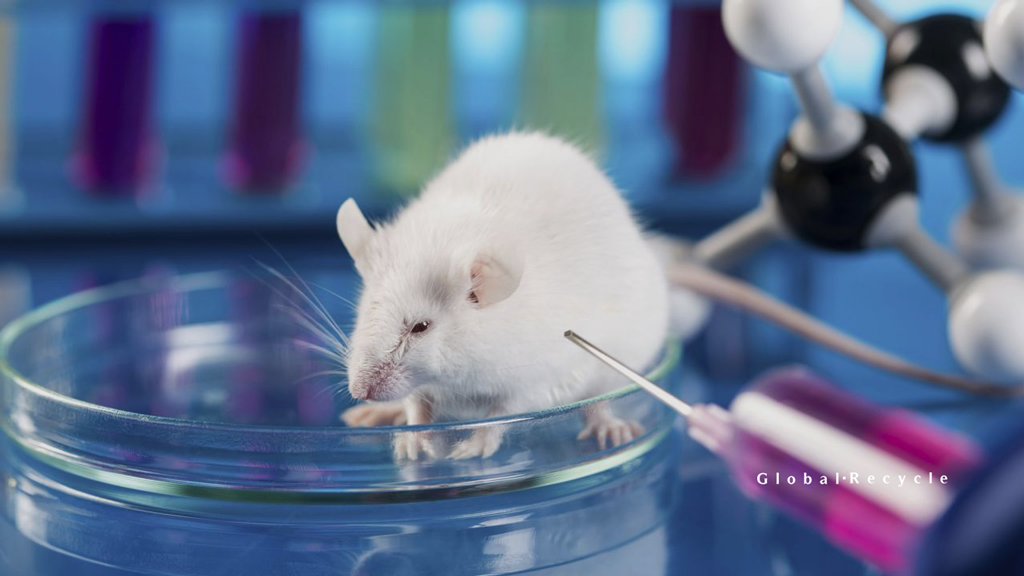
According to the above, the North American authorities in charge have been very concerned about the possible dangers of BPA that could affect the health of their citizens. In general, it tends to affect the motor behavior of infants and children, since it directly affects various areas of the brain. In adults, it tends to affect the prostate and other glands, thus increasing the risk of cancer.
Consequently, every state in the USA has issued laws that partially prohibit the use of BPA in recycled plastic products (as in the case of baby bottles). There are even food containers in supermarkets that indicate in their label that they are BPA-free, as well as in most products and tools for medical use.
What BPA-free product alternatives are available to US citizens?
Currently, most supermarkets, pharmacies, and stores tend to inform whether the product offered to the public contains Bisphenol A (BPA). However, there are also a wide variety of other items that still remain without this type of information.
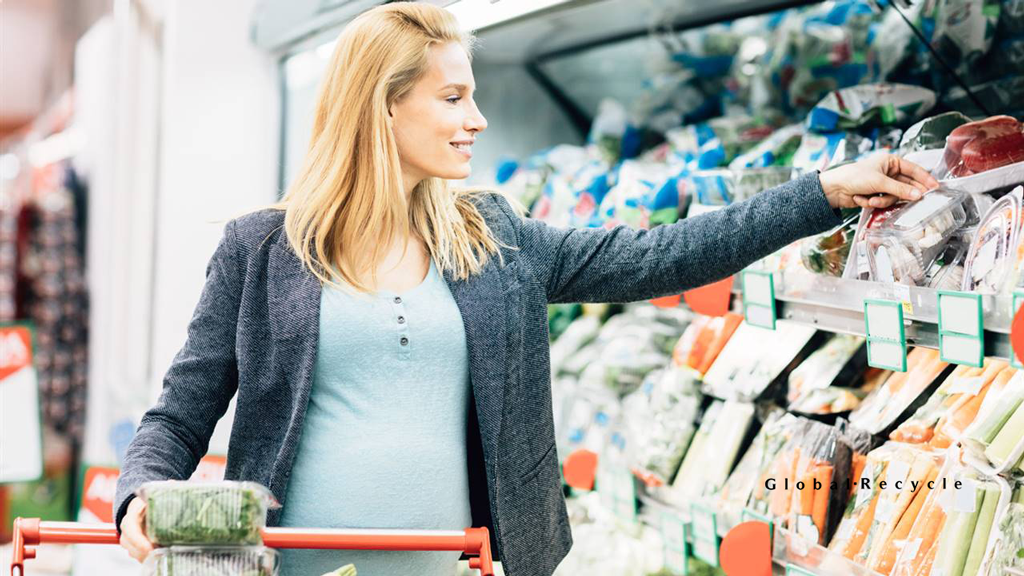
Usually, this type of information can be found on the lower part of the packaging. This alert will show the type of plastic used to manufacture it, as well as the amount of BPA it may contain. Remember that if the container contains BPA, it will be indicated with the number 7 or 3 according to the international classification of plastic types.
However, in addition to verifying the type of plastic in the package description, the product purchasing options could also be modified. That is to say, to look for more appropriate packaging, such as single-use packaging, among others.
In short, being able to know if the container that contains the product to be used in our home is BPA-free generates peace of mind and security when using it, since you will be fully confident that you are taking care of your own health and that of your whole family.
Recommendations to avoid acquiring products containing BPA in the USA
As you know BPA represents a very toxic chemical, which is found in a wide variety of plastic products in the USA, although in some states there are already regulations and laws that prevent its use, here are some recommendations that will allow you to avoid plastics that contain it. So:
Recognize products containing plastics with BPA
Check products thoroughly in stores before buying them. This way, you can check if there is a label indicating what type of plastic was used to make the package or product in particular. Remember that in general, the ideal would be to find a label stating that it is free of BPA and thus avoid this type of chemical.
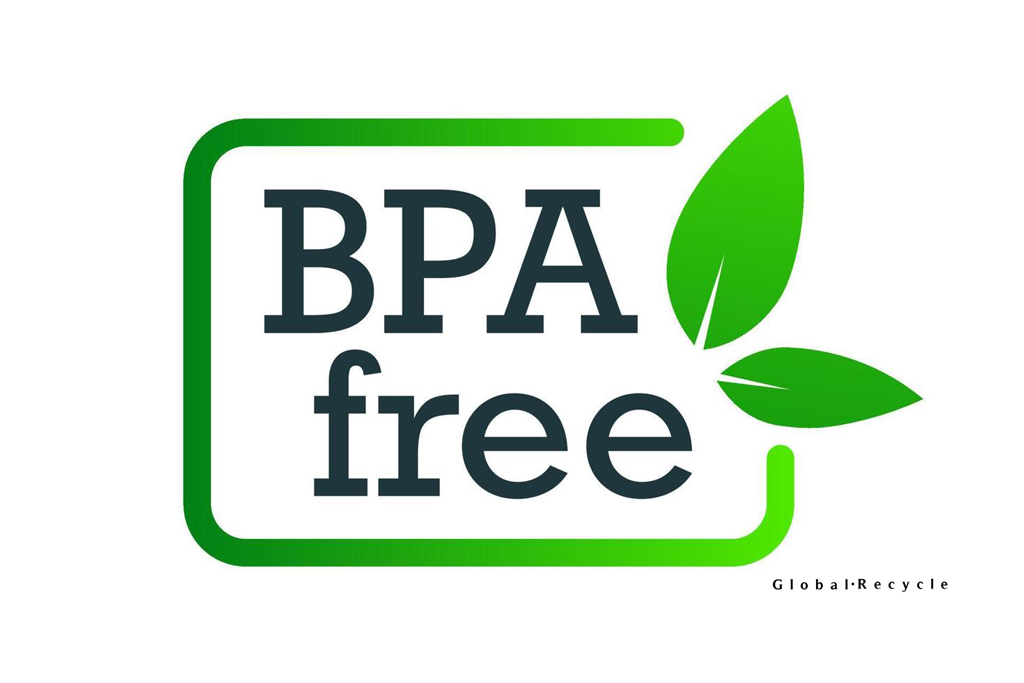
Distinguish polycarbonate items or containers
BPA is almost always used to give elasticity to rigid plastics. This is with the idea of making these products more resistant and that they suffer the least amount of breakage possible. In this sense, it will be important to identify which products contain this type of polycarbonate. Generally, they are present in multi-gallon water bottles.
In addition, consider that if a plastic product is rigid and transparent without any type of label, it is very likely to contain PBA and, therefore, it would not be advisable to purchase it. However, you may also want to check with the store’s salesperson.
Discard very old plastic products
As you know, BPA has been used for over 40 years, as a result, there is a distinct possibility that your favorite plastic cup contains this type of chemical. Therefore, it would be ideal for you to discard this type of item.
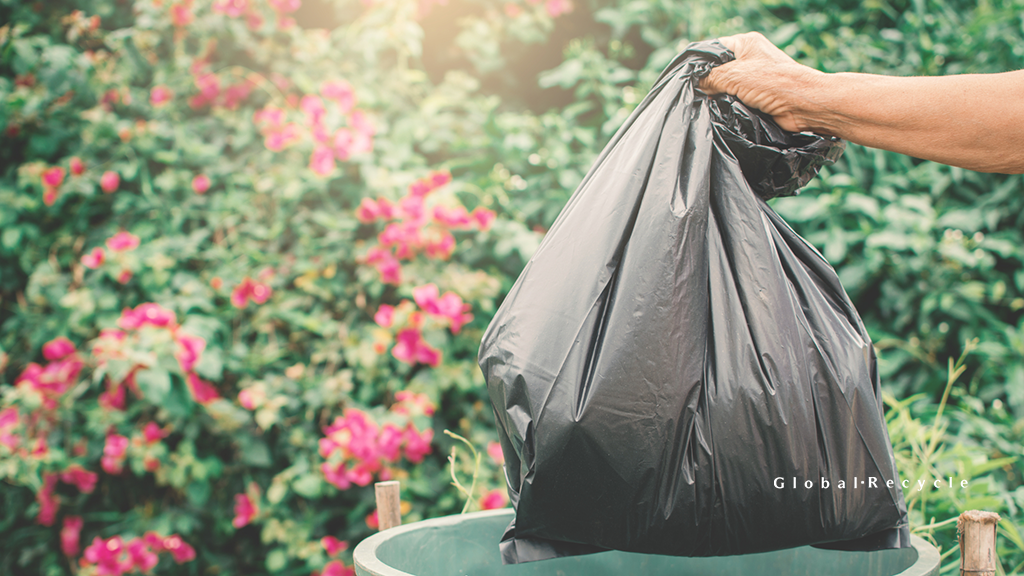
Now is your chance! Protect yourself and your entire family by employing recycled plastic products that are BPA-free. Also, if you found this post useful, don’t forget to visit the following link, where you can find other topics related to recycling that might be of interest to you.